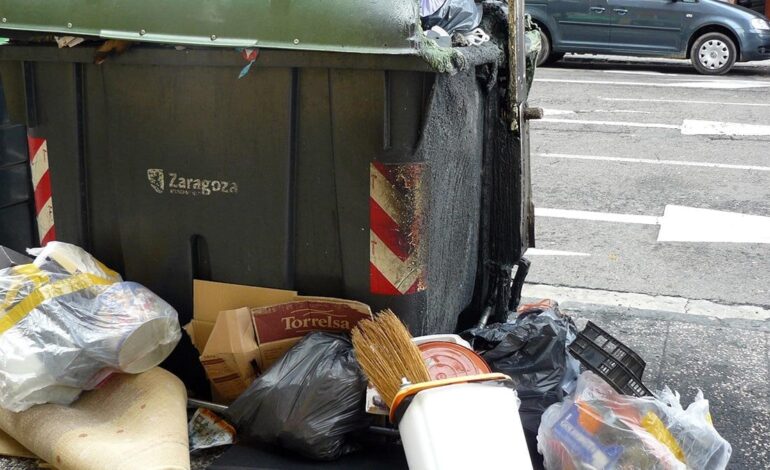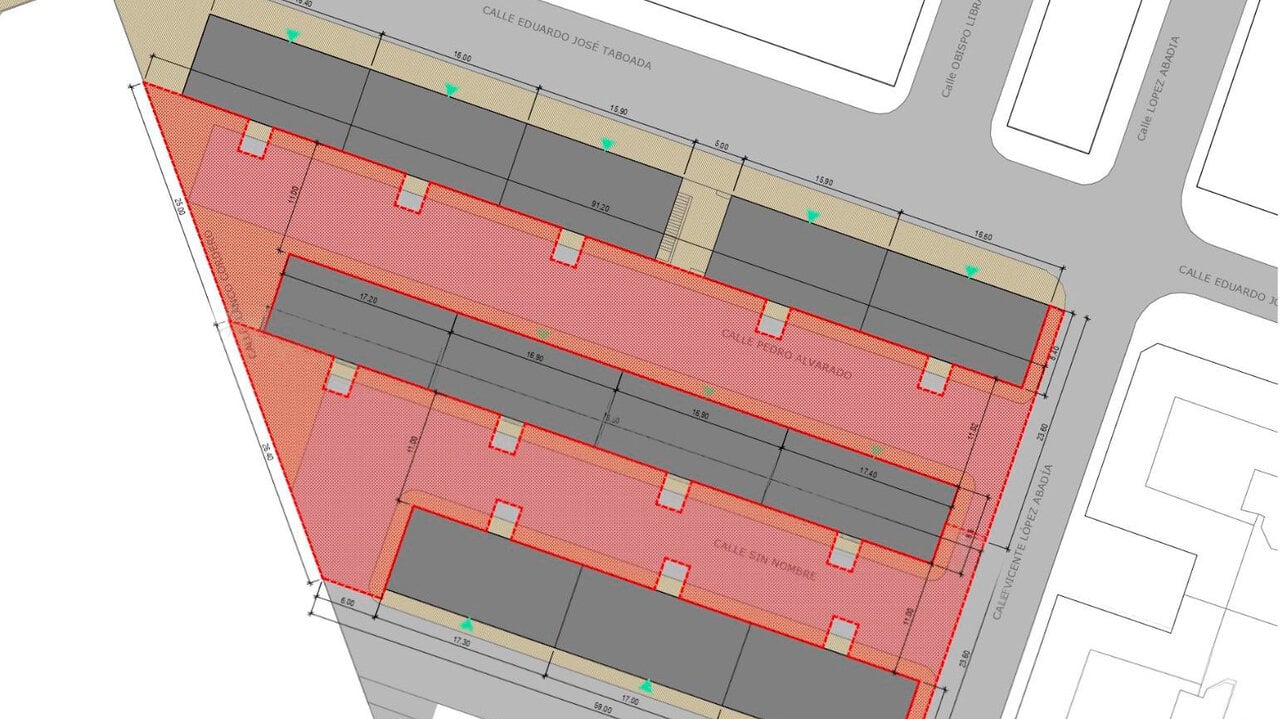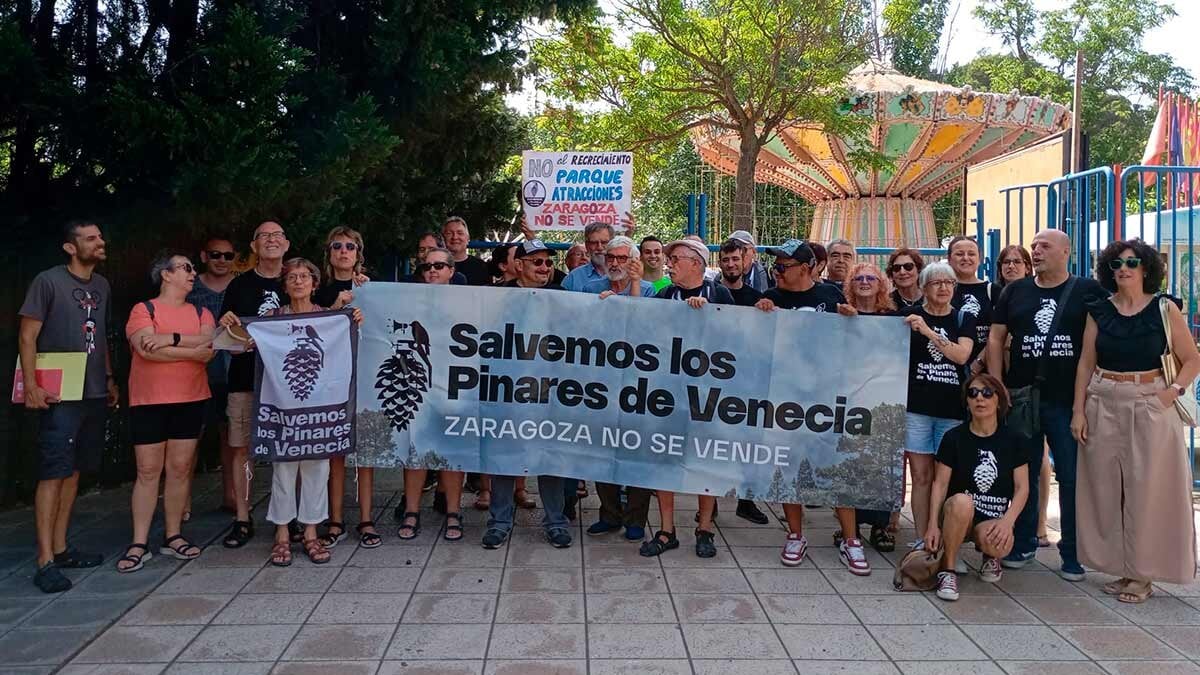
Homeless people or sex work on the street: the new Civic Ordinance of Zaragoza throws
It was last May when the plenary Saragossa He agreed to start working in a new civic ordinance and citizen coexistence that unifies and updates existing regulations, especially in terms of road cleaning, parks and use of public space. Now, just a few months later, a working group has already been constituted in which all areas of the Zaragoza City Council with the objective of elaborating the new text. In it they could regulate, among others, coexistence with homeless people or sex work on the street.
The area of presidency and citizen security will be in charge of coordinating the working group. Thus, the objective is to be able to work by the hand of associations, groups and citizenship in general. In fact, as explained by the mayor of Zaragoza, Natalia Chueca, a public consultation process will be carried out with an online questionnaire to see what issues are the most concerned among the neighbors of the Aragonese capital.
“I think we take a great step today so that throughout 2026, if possible in the last quarter or before, we can have this ordinance in force and thus continue advancing in which Zaragoza is that place where it is worth living because it is one of the cities with the highest quality of life and more security,” he said Chueca.
The idea is to prepare a modern, coherent and effective ordinance taking into account the experiences of other cities and the recommendations of the Spanish Federation of Municipalities and Provinces. Thus, as an example, Palma and Alicante recently approved similar texts.
Unification of Ordinances and Citizen Participation
The work in the Aragonese capital, in any case, does not start from scratch. As the mayor of the city has pointed out, all the ordinances that remain in force, both old and recent, will be reviewed. With this, “those aspects that are not enough legislated” and that “are empty that have been outdated in the different sector ordinances are going to be updated.”
“We do not start from scratch, but we want to go further. This ordinance does not intend to prohibit, but to order, prevent conflicts, increase security, conserve heritage and common spaces, and foster civism,” Chueca insisted.
In this sense, the mayor has recognized that some of the behaviors that could enter the New Civic Ordinance They would be, for example, pets. “We have to analyze whether they are sufficiently regulated in the cleaning ordinance and in the animal possession ordinance or requires an update,” he said. Also coexistence with homeless people or sexual works on the street, issues that are currently not regulated.
Once the technical and legal phase of the work ends, the City Council of Zaragoza will open a participatory process so that citizens can directly be involved in the design of the new standard. “Civism is a shared responsibility. We want to listen to neighbors, entities and groups. Respect and care of public space must be a collective commitment,” he added.
Vox asks to regulate the street sale and the top blanket, among others
Precisely, the Vox Municipal Group has positively valued the constitution of the working group to develop a civic ordinance in Zaragoza and have recalled that it was proposed that promoted its formation through a motion approved on May 29 with the support of the Popular Party and the rejection of PSOE and Zaragoza in common. Its spokesman, Julio Calvo, has celebrated that the municipal government attends its proposals: “Whenever they pay attention to us, they will pay Affirmed, highlighting that the approved motions are not always fulfilled in full.
Vox recalls that the origin of this initiative is yours and states that the new regulations include issues such as the bottle, the accumulation of garbage, the exercise of prostitution on public roads and the presence of pets. They will also propose that the Civic Ordinance include the regulation of street sales and the Top Manta, especially visible in central streets. In their opinion, these behaviors affect neighborhood coexistence and must be regulated in an ordinance that simplifies the regulations and contemplates behaviors susceptible to sanction from a perspective of civic coexistence.






